Testing the Xiaomi 14 Ultra: Unmistakably High-End
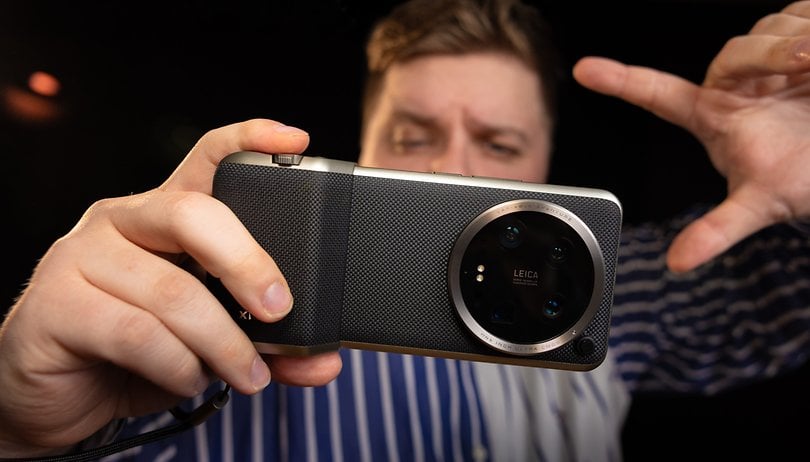

How many premium smartphones does Xiaomi need to release before we finally understand that it can compete with Samsung and Apple without blushing? Personally, I've been convinced of this for a few years now. Xiaomi didn't even need to release a Xiaomi 14 Pro this year. The new Xiaomi 14 Ultra simply confirms the pole position the manufacturer is taking in the high-end smartphone market. I'll tell you more in this comprehensive Xiaomi 14 Ultra review.
Good
- Well-calibrated screen
- Outstanding photo quality
- Good battery life and really fast recharging
- 4 Android updates + 5 years of security updates
Bad
- HyperOS lacks innovation
- Temperature control not optimized
- Availability and price
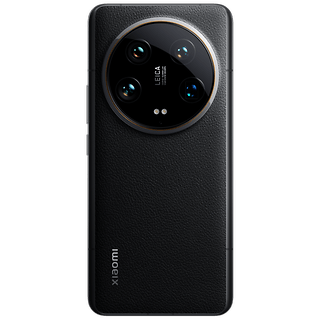
Price and availability
The Xiaomi 14 Ultra has been available globally since February 25, 2024. It is sold only in a single configuration with 16 GB RAM and 512 GB storage at a price of €1,499 in Europe and £1,299 in the UK—the price converts to approximately $1,633.91 in the US.
- Also read: Xiaomi 14 vs. Xiaomi 14 Ultra compared
Moreover, Xiaomi has not released a Pro version of its flagship this year. The Xiaomi 14 (review) and Xiaomi 14 Ultra are the only flagships in the catalog.
Design and Display
The Xiaomi 14 Ultra retains the design of last year's Xiaomi 13 Ultra. The leatherette back is reminiscent of a classic camera cover. The 6.73-inch screen is very well calibrated and bright. And the circular photo module on the back is as enormous as ever.
Pros:
- Aluminum frame, IP68.
- Elegant leatherette back.
- Excellent 120 Hz AMOLED screen (with the right settings).
- Flat, non-curved screen.
Cons:
-
Massive, heavy form factor.
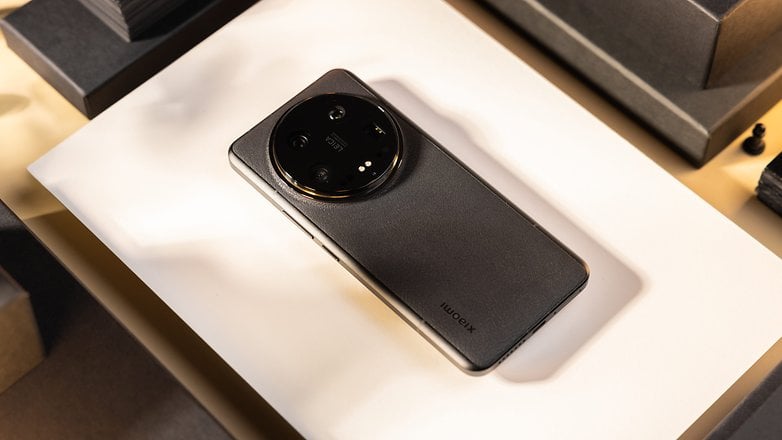
The Xiaomi 14 Ultra doesn't pull any punches when it comes to design. The smartphone is IP68 certified for water and dust resistance. The frame is made of aluminum. Its 6.73-inch AMOLED display is flat, but with very slightly rounded 2.5 D edges. It is protected by Xiaomi Shield Glass, supposedly more resistant than Gorilla Glass Victus.
The Xiaomi 14 Ultra is an ocean liner. The smartphone is big and it's heavy. The large photo module on the back adds further weight to the top of the smartphone. Still, I found the grip rather ok. The matte frame and leatherette back offer enough grip for a good hold. The slightly rounded edges of the Xiaomi 14 Ultra, like its corners, also give a little extra comfort when held in the hand.
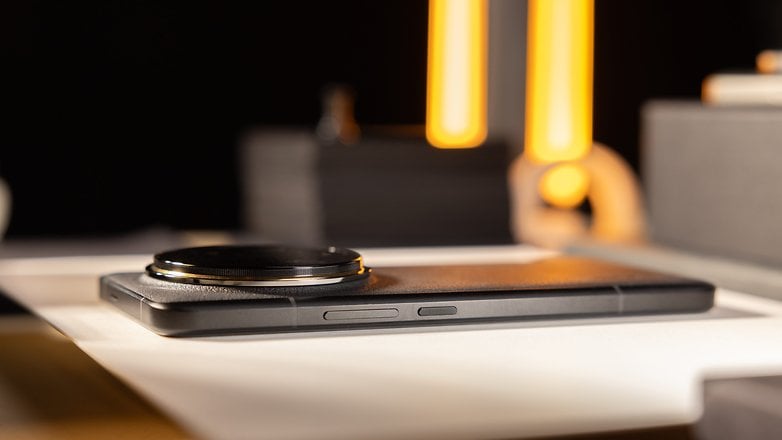
As for the AMOLED screen, it's beyond reproach, as is often the case with Xiaomi flagships. However, you'll have to go through the (too) many colorimetry settings. By default, the "Original Color PRO" mode is sorely lacking in fidelity and totally distorts colors.
Personally, I opted for the "Saturated" mode, which seemed much more natural to me. I also set the color temperature to "Warm", as Xiaomi smartphones traditionally tend towards cooler tones.
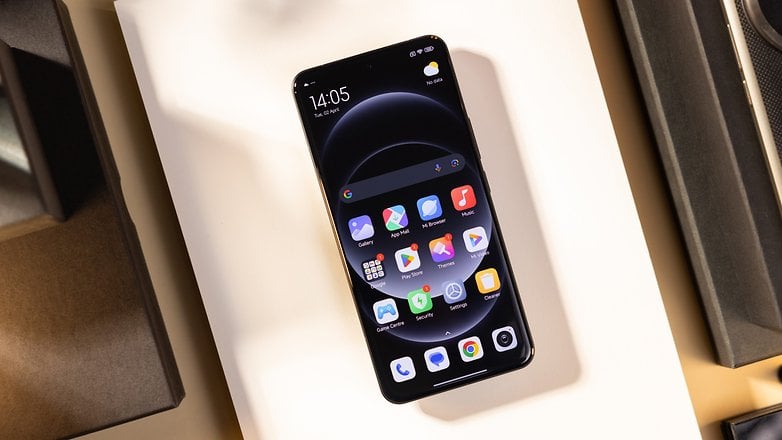
Apart from that, the 6.73-inch slab is very pleasant to work with. The typical brightness of 1000 nits is more than sufficient for all scenarios. It's not as bright as on the Xiaomi 13 Ultra (review). But it's better for battery life. And the 1 to 120 Hz refresh rate (LTPO) is also part of the package.
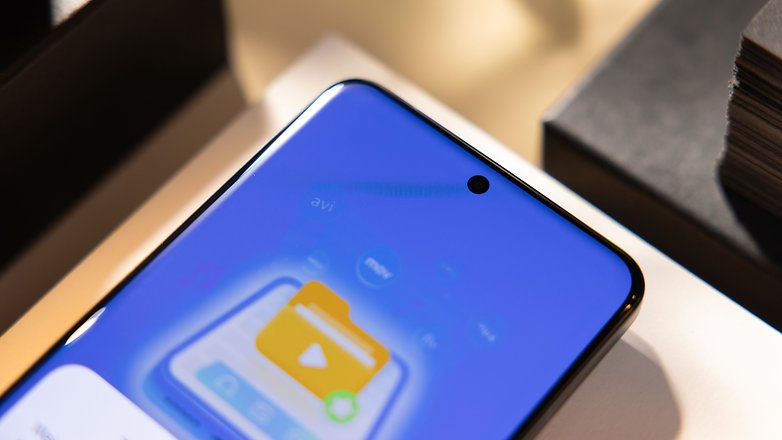
Interface/OS
The Xiaomi 14 Ultra runs on HyperOS, Xiaomi's new Android overlay. It is based on Android 14. Xiaomi promises four Android updates and five years of security updates. The Xiaomi 14 Ultra does not offer AI features like Samsung, for now. Several of them are in the beta-testing phase, and we'll tell you more about them soon.
Pros:
- 4 Android updates + 5 years of security updates.
- Extremely intuitive multitasking.
- Numerous customization options.
Cons:
- Not many innovations compared with MIUI 14.
- No AI functions yet.
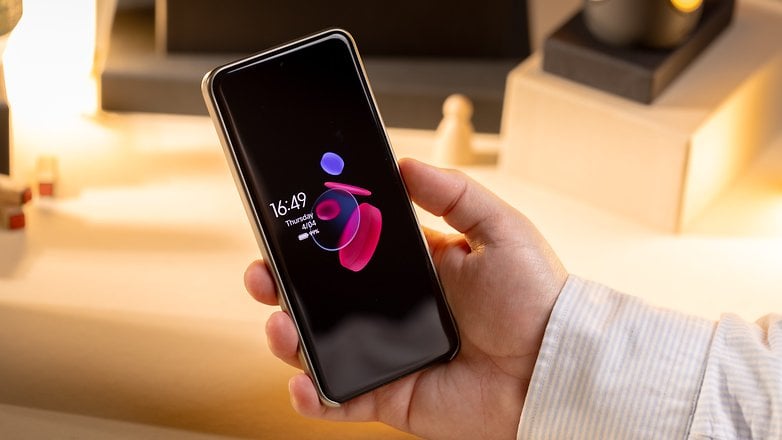
I carried out a full HyperOS test on the Xiaomi 14 Ultra. There's no need to repeat myself here, I invite you to consult the article. Just note that Xiaomi improves its update policy every year, and the Xiaomi 14 Ultra will receive four versions of Android and five years of security updates. At the time of writing, I have the March 2024 security patch.
In terms of functionality, HyperOS doesn't really innovate compared to MIUI 14 (review). Xiaomi has, however, significantly optimized its multitasking. HyperOS's floating windows are now as intuitive as Samsung's. Visually, HyperOS is also a little more streamlined and looks very, very much like iOS 17.
Performance and SoC
The Xiaomi 14 Ultra is equipped with the new Qualcomm Snapdragon 8 Gen 3. The smartphone integrates 512 GB of UFS 4.0 storage and 16 GB of LPDDR5X RAM. It obviously runs all games under optimal conditions. But the contribution of the 16 GB RAM is actually quite negligible, and temperature control is always a problem for Xiaomi.
Pros:
- High-power thanks to Snapdragon 8 Gen 3.
- 90 W wired charging.
- 80 W wireless charging and reverse wireless charging.
- USB 3.2 at last.
Cons:
- -
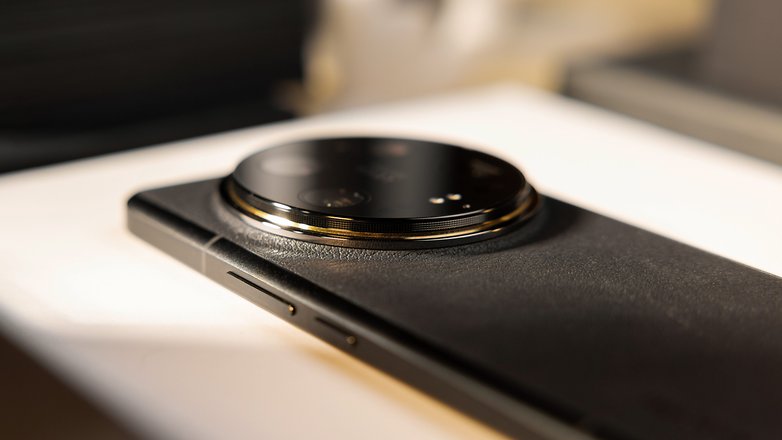
The Xiaomi 14 Ultra proved more reasonable than expected in terms of raw performance. It fares better than the iPhone 15 Pro Max (review) on graphics benchmarks. But curiously, the results I obtained are very similar to, and sometimes even lower than, those of the Xiaomi 14. So the impact of the Xiaomi 14 Ultra's 16 GB RAM compared with the Xiaomi 14's 12 GB RAM seems very relative.
| Xiaomi 14 Ultra Snapdragon 8 Gen 3 |
Samsung Galaxy S24 Ultra Snapdragon 8 Gen 3 |
Apple iPhone 15 Pro Max Apple A17 Pro |
|
|---|---|---|---|
| 3DMark Wild Life Extreme | 4680 | 5094 | 3998 |
| 3DMark Wild Life Stress Test |
|
|
|
| 3DMark Wild Life Extreme Stress Test |
|
|
|
| 3DMark Solar Bay | 8430 | 8373 | 6275 |
| 3DMark Solar Bay Stress Test |
|
|
|
| Geekbench 6 |
|
|
|
One trait common to Xiaomi flagships that I regretted to note, once again, is temperature control. Take a look at the scores between the Xiaomi 14 Ultra and the Samsung Galaxy S24 Ultra (review) in the table above. The Xiaomi 14 Ultra has less of a gap between its best and worst loops.
On paper, you'd think that's pretty good. The Xiaomi 14 Ultra's performance is more stable. But in reality, Xiaomi's thermal clamping is simply lighter or later than that of Samsung. And you can feel it in use. The smartphone has an annoying tendency to heat up. And that's because it's calibrated not to restrict itself to avoid overheating, all for the sake of better benchmark scores.
In actual use, I experienced no slowdown whatsoever on my usual mobile test games (Genshin Impact and the undignified horror that is COD Warzone Mobile). Everything ran at a constant 60 FPS, minimum. No frame drop to be noted. But the smartphone heats up. Xiaomi would benefit from optimizing all this.
Photo quality
The Xiaomi 14 Ultra features a quadruple camera module. All sensors have a resolution of 50 MP. The main lens incorporates a large 1-inch sensor with a variable aperture between f/1.63 and f/4.0. The two telephoto lenses offer x3.2 and x5 optical zoom. The 75 mm x3.2 telephoto lens offers an impressive portrait mode, and is the Xiaomi 14 Ultra's best photo feature in my opinion.
Pros:
- Striking, ultra-efficient portrait mode.
- Top colorimetry, exposure, and sharpness with the 1-inch sensor.
- Highly effective zoom, even in digital mode x10.
Cons:
- Only 2 really effective nighttime lenses.
- Selfie beauty filters activated by default, which spoil the rendering.
- Risk of mishandling manual focus with variable aperture.
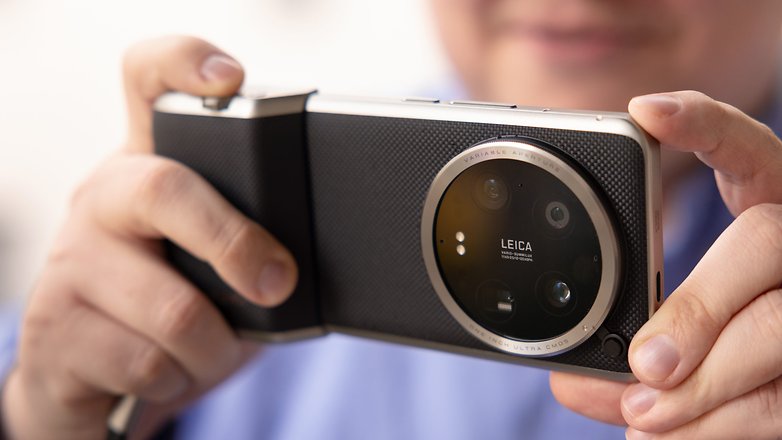
Main lens and ultra-wide-angle lens
The Xiaomi 14 Ultra's main lens incorporates a Sony LYT-900 sensor with a variable aperture of f/1.63 to f/4.0 and a size of 1-inch. It can capture a lot of light and therefore a lot of detail. The variable aperture allows you to adjust the dynamic range at will. You can precisely control the amount of light absorbed by the sensor, even if this means distorting the natural contrast of the scene.
Xiaomi still offers two Leica filters: Authentic and Vibrant. The former offers a slightly darker rendering, which I'm not a big fan of. I mainly used the Vibrant mode. The colors are certainly brighter, but I find the exposure more flattering, the shots are brighter and the sense of detail is enhanced.
Telephoto lens and optical zoom
The Xiaomi 14 Ultra offers two levels of optical zoom: x3.2 and x5. I love the zoom on this smartphone. There are so many ways to take pictures. And the level of detail at x3.2 and x5 is exceptional.
The x5 telephoto aperture is tighter. Even at x10, I think the quality remains very good. What a pleasure to no longer need to zoom in with your feet (or walk, as normal people say).
Selfie lens and portrait mode
Portrait mode works with the 75 mm telephoto lens. Day or night, I found the results stunning. This is undoubtedly my favorite lens and photo mode on the Xiaomi 14 Ultra. The crop is super-clean and the level of detail of the subject in the foreground is striking.
And even with the selfie lens, I find the results very convincing, even though the sensor hasn't changed from last year's Xiaomi 13 Ultra. However, when taking selfies, be sure to deactivate the beauty filters that are activated by default. They totally distort your shots.
Night photos
At night, I find Xiaomi's main lens as convincing as ever. I didn't get good results with the ultra-wide-angle lens or the x5 telephoto lens.
The x3.2 telephoto lens does very well in both normal and portrait modes. And with the main lens, you can have fun skipping night mode and opting for the maximum aperture of f/1.63, which is sometimes more than enough.
Battery and recharging
The Xiaomi 14 Ultra has a 5000 mAh battery. This rather large battery accepts 90W wired charging and 80W wireless charging. The Xiaomi 14 Ultra also offers reverse wireless charging.
Pros:
- Really fast charging, unlike Samsung and Apple.
- Really fast wireless charging, unlike Samsung and Apple.
- 90 W charger included.
Cons:
- -
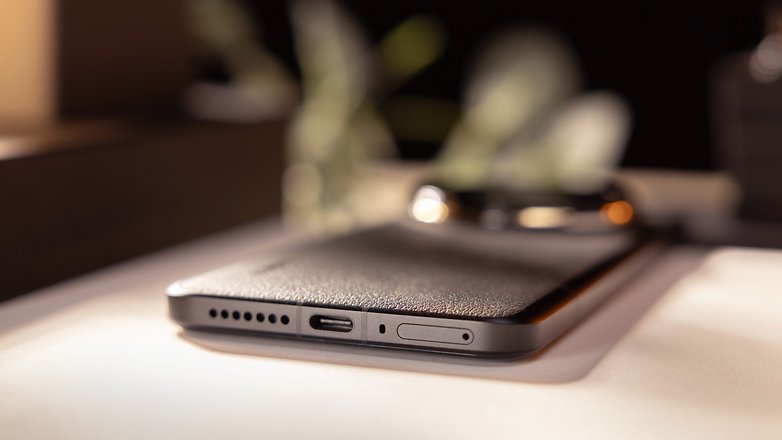
On the PC Mark benchmark, the Xiaomi 14 Ultra lasted 13h09 before dropping below 20% battery. This is far from being the best score among the high-end smartphones we tested.
However, in actual use, we can use Xiaomi's flagship for a day without any problems. I think that's a bit short, and I'd have liked to have been able to last a little longer. But with the 90W wired charging, it's not really an issue.
However, be sure to use the official Xiaomi charger. Charging is much slower with a third-party charger. The Xiaomi 14 Ultra can be recharged from 0 to 100% in around 30 minutes using the official charger. Finally, you need to activate fast charging in the settings. With an official charger, you'll need to allow at least twice as much time.
Technical data
| Technical data | |
|---|---|
| Device | |
| Design |
|
| Screen |
|
| Memory |
|
| SoC |
|
| Photo module |
|
| Video |
|
| Interface/OS |
|
| Battery |
|
| Audio |
|
| Dimensions and weight |
|
| Connectivity |
|
Final verdict
Would I advise you to buy the Xiaomi 14 Ultra at $1,600? Yes. Well, in absolute terms, I wouldn't recommend anyone to spend $1,500 on a smartphone. But if you're one of those people who can afford to hesitate between a Samsung Galaxy S24 Ultra or an iPhone 15 Pro Max, the Xiaomi 14 Ultra is a truly valid alternative.
More than an alternative, I'd say that the Xiaomi 14 Ultra is even a better choice than its two more high-end competitors. If we take photo quality—the most important criterion for the majority of users—as a criterion for purchasing, the Xiaomi 14 Ultra does better than Apple and Samsung.
Add to that really fast wired and wireless charging, a finely calibrated screen, solid performance and a very correct update policy, and it's hard not to fall for it. Xiaomi is on a par with Apple and Samsung at the top end of the market, there's no doubt about it. But there are still a few details to be worked out if the manufacturer really wants to shed its image as a less premium brand than the others.
More daring HyperOS functionalities, no ads in its interface and more choice in the colors and storage variants of its models, for example.
What do you think of the Xiaomi 14 Ultra after this test?
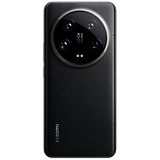




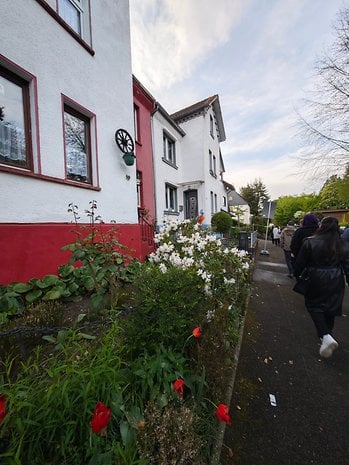






















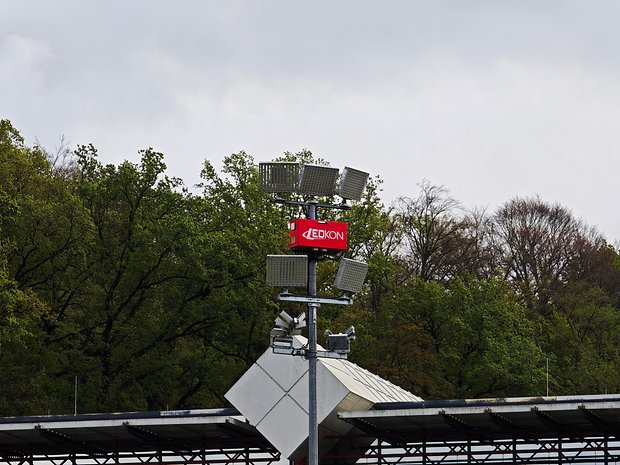








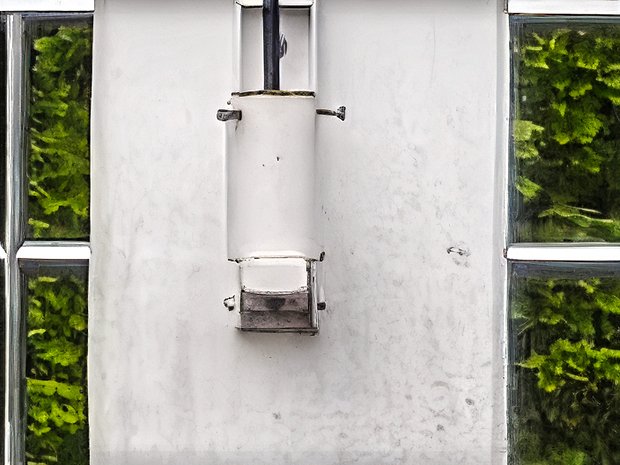
























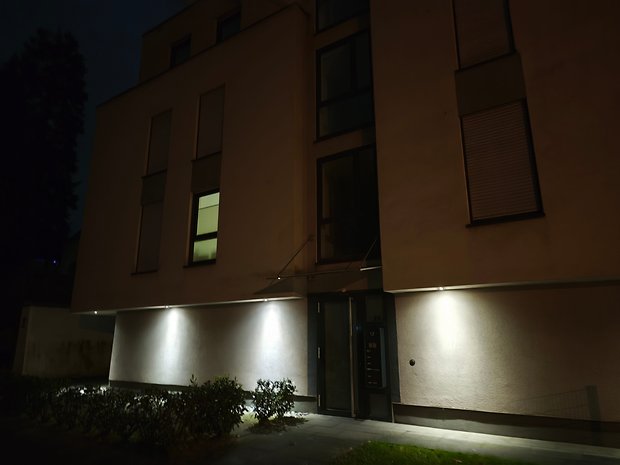
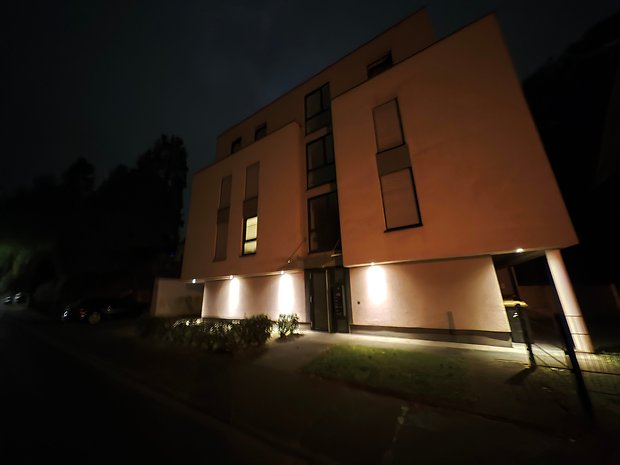
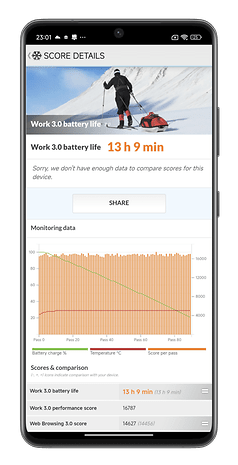


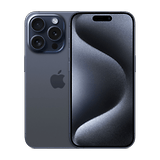




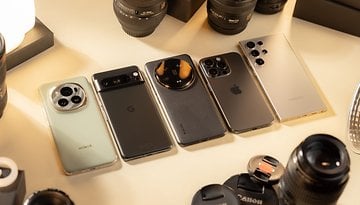
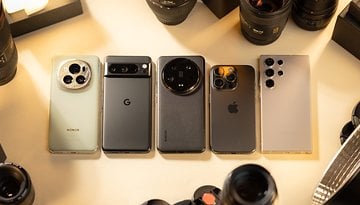
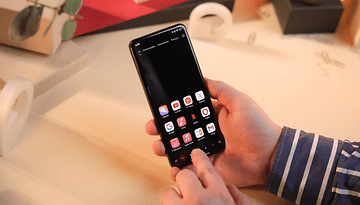
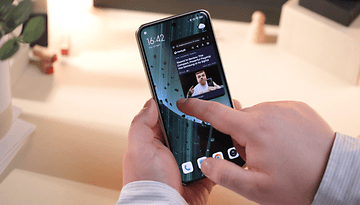
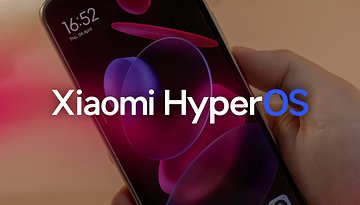
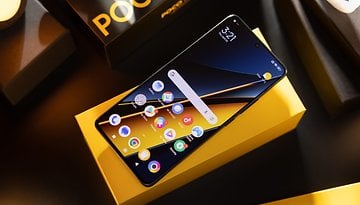
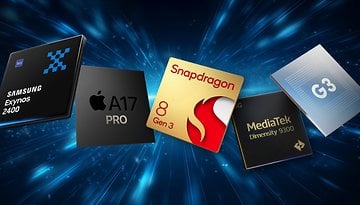



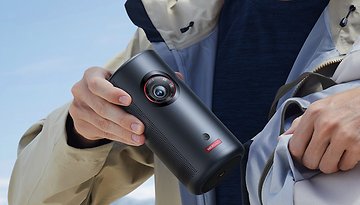

Recommended editorial content
With your consent, external content is loaded here.
By clicking on the button above, you agree that external content may be displayed to you. Personal data may be transmitted to third-party providers in the process. You can find more information about this in our Privacy Policy.